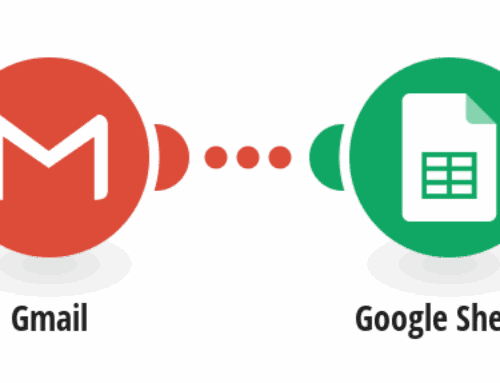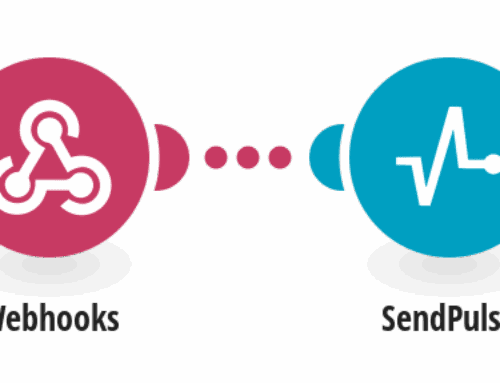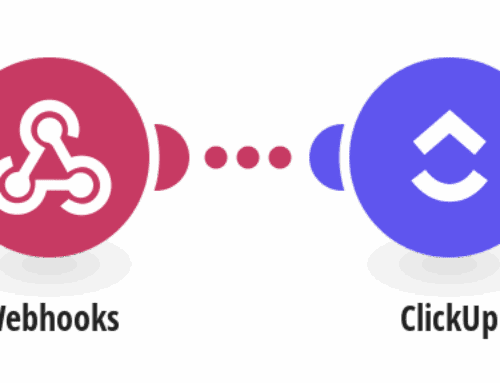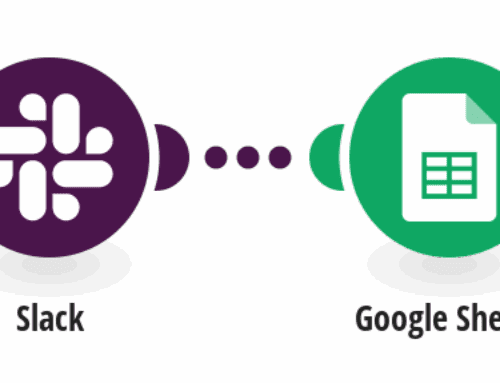Efficiently Archiving Completed Tasks on Make
In today’s fast-paced digital world, keeping track of completed tasks can be a challenge. However, with tools like Make, you can streamline your project management process. This guide will walk you through efficiently archiving all your completed tasks in Make. Let’s dive in!
Understanding Task Management with Make
What is Make?
Make is an intuitive project management tool designed to help teams collaborate more effectively. Its user-friendly interface allows seamless integration with various platforms, making it a favorite among businesses of all sizes. With Make, users can create tasks, assign them, set deadlines, and track progress effortlessly.
One of the standout features of Make is its ability to customize workflows. Users can build tailored processes that fit their team’s unique needs, ensuring that every project runs smoothly. This flexibility not only saves time but also increases productivity by reducing repetitive manual tasks.
The Importance of Archiving Tasks
Archiving tasks might sound like an administrative chore, but it’s crucial for maintaining a clutter-free and efficient workspace. By categorizing completed tasks, teams can focus on current projects without distractions. Archiving also provides a valuable reference point for future projects, allowing teams to learn from past successes and challenges.
Moreover, an organized archive helps in performance reviews and audits. It keeps a record of accomplishments, making it easier to evaluate the efforts of team members and identify areas for improvement. In essence, proper archiving acts as both a history book and a learning tool for your business.
Steps to Archive Completed Tasks in Make
Step 1: Setting Up Your Board
The first step in archiving tasks is organizing your board in Make. A well-structured board is the foundation of efficient task management. Start by creating categories for each stage of a task’s lifecycle, such as “To Do,” “In Progress,” and “Completed.”
Ensure that all team members have access to these boards. Consistent updates and collaboration are key to maximizing the benefits of Make’s tools. Once your board is set up and shared, you’re ready to start moving tasks through the workflow.
Step 2: Utilizing Automation for Archiving
Automation is one of the most powerful features of Make that can significantly enhance your archiving process. By setting triggers and actions, you can automate the flow of tasks from one stage to another. For example, once a task is marked as completed, it can automatically move to the archive section of your board.
This automation reduces the risk of human error and frees up time for more strategic activities. It’s like having a virtual assistant who handles the nitty-gritty details, allowing your team to focus on bigger picture goals.
Optimizing Your Archived Task System
Maintaining Clarity with Labels and Tags
After archiving, clarity is crucial to access information swiftly. Using labels and tags in Make can categorize tasks further based on priority, department, or project type. These identifiers make it easier to locate archived information when needed.
Organizing through tags also enables cross-referencing between different projects, promoting a unified approach to task management. Labels provide context at a glance, reducing the time spent searching through archives.
Regular Reviews and Updates
Archiving tasks is not a one-time activity; it requires regular reviews to maintain relevance. Schedule periodic checks to ensure that the archive remains up-to-date. Remove outdated or irrelevant entries that no longer serve the team.
During these reviews, take the opportunity to update your archiving process by integrating feedback from team members. Continuous improvement of this system can lead to even greater efficiencies over time.
Benefits of an Efficient Archiving Process
Boosted Team Productivity
When tasks are managed and archived efficiently, the entire team benefits from increased productivity. Less time is spent managing clutter and more is focused on active projects. This streamlined approach supports collaboration and quick decision-making.
An organized workspace fosters a sense of accomplishment and motivation within the team. Highlighting completed tasks offers a visual representation of progress, encouraging everyone to push towards their goals.
Enhanced Strategic Planning
Archived tasks provide valuable data for strategic planning. They offer insights into past project timelines, resources used, and potential areas for improvement. This historical perspective is crucial for refining future strategies and avoiding past pitfalls.
By analyzing archived tasks, teams can identify patterns and trends, enabling better resource allocation and deadline setting. It’s like having a roadmap built from experience, guiding your journey forward.
Conclusion
Archiving completed tasks in Make is more than just housekeeping; it’s a strategic move towards better project management. By following the steps outlined above, you can create a seamless workflow that enhances team productivity and strategic planning. Remember, an organized archive is a powerful tool that, when used effectively, can drive your team toward success.
FAQs
- Why is task archiving important in project management? Task archiving is essential for maintaining organization, providing a reference for future projects, and enhancing productivity by focusing on current tasks.
- How does automation help in archiving tasks in Make? Automation streamlines the process by automatically moving completed tasks to the archive, reducing errors and saving time.
- What are the benefits of using labels and tags in Make? Labels and tags help categorize tasks for easy retrieval and cross-referencing, making the archive more user-friendly.
- How often should archived tasks be reviewed? Regular reviews should be scheduled to update the archive and remove outdated entries, ensuring the system remains relevant.
- Can archiving tasks improve strategic planning? Yes, archived tasks provide data that can inform future planning, helping teams avoid past mistakes and optimize resources.








